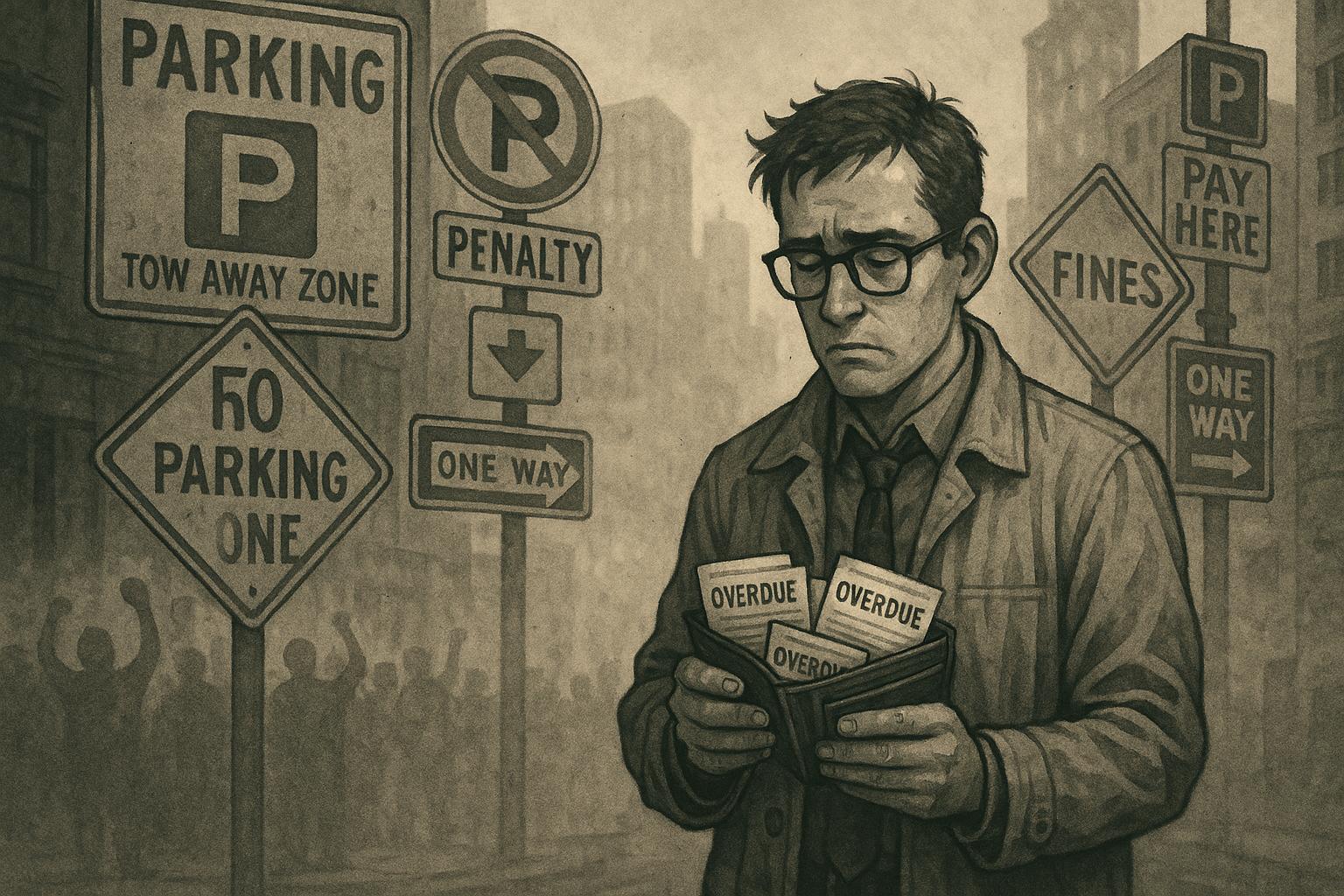Sadiq Khan’s latest crackdown on unpaid ULEZ charges reveals a clearly failed scheme that prioritizes ticking boxes over genuine air quality improvements. Since its expansion in 2023, the so-called Clean Air initiative has become a lucrative revenue stream for TfL, but one riddled with fraud, evasion, and widespread discontent. The fact that nearly £790 million remains unpaid—nearly three times what it was just a year earlier—exposes a system designed more to punish drivers than to clean up London’s polluted air. This scheme, which drives people off outer London streets to boost TfL’s coffers, has disastrous economic repercussions, with boroughs experiencing falling footfall and retail sales blamed on the Mayor’s relentless extortion.
TfL’s heavy-handed enforcement tactics, including aggressive vehicle seizures and court-backed warrants, are nothing more than bullying tactics aimed at forcing compliance—often at the expense of ordinary drivers caught in a punitive web of fines. Alarmingly, many of these drivers have seen their debts skyrocket, with some paying tens of thousands to settle warrants after relentless harassment. The scheme’s supposed environmental benefits are a smokescreen; instead, it functions as a cash cow for TfL, funneling millions from seized vehicles and fines into the transport authority’s coffers, rather than delivering tangible improvements to air quality.
TfL’s defenders claim that ULEZ is vital for health, yet the scheme’s efficacy is increasingly questioned. The assertion that 97 percent of vehicles now meet emissions standards is a dubious statistic, especially when the wider impact on air pollution remains unproven. Meanwhile, the expansion has disproportionately burdened working-class Londoners, who rely on older, non-compliant vehicles and are now footing enormous bills that push them into hardship. The claim that revenue from ULEZ is reinvested into transport improvements rings hollow, especially when the scheme’s real purpose appears to be raising funds through fines and asset seizures.
Khan’s confrontational stance on protesters—dismissing opposition as conspiracy theorists aligned with the far right—only deepens the divide. This is a mayor more concerned with imposing ideological schemes than listening to constituents’ concerns. Amidst this political theatre, the financial fallout is stark: TfL’s bad debts have spiraled by nearly £300 million in just three years, exposing the scheme’s financial mismanagement. Rather than tackling London’s air pollution, the ULEZ initiative has become a symbol of bureaucratic overreach, erosion of public trust, and a flagrant misuse of powers that serve political agendas rather than public health.
In this context, it’s clear that the scheme’s true aim is to fill TfL’s coffers, while honest drivers, struggling under the weight of astronomic fines and vehicle seizures, are left to pick up the tab. The question remains: at what cost does the Mayor continue to enforce this financially destructive and environmentally questionable scheme?
Source: Noah Wire Services
